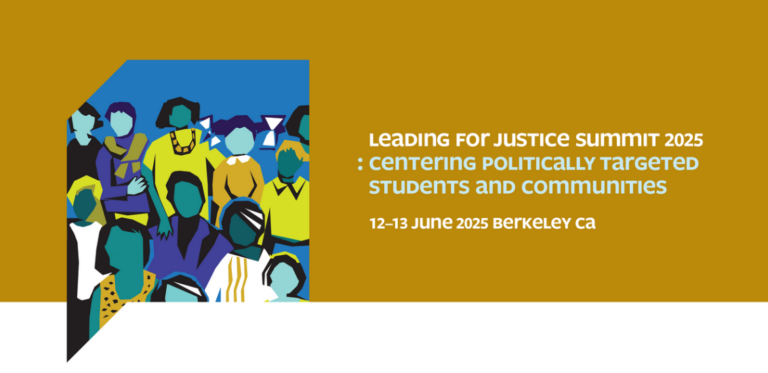

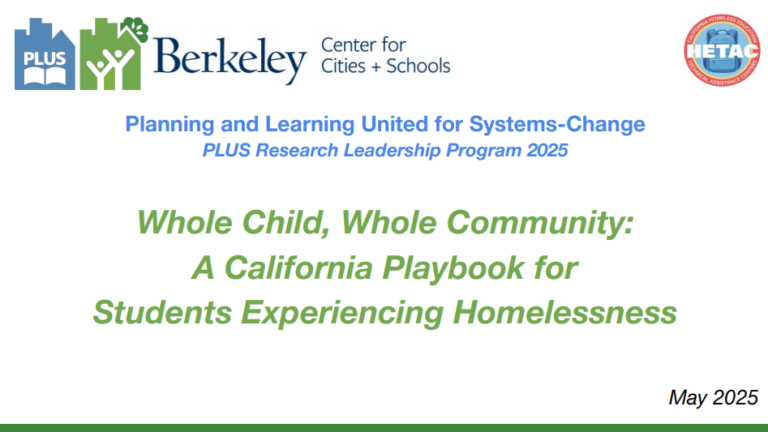
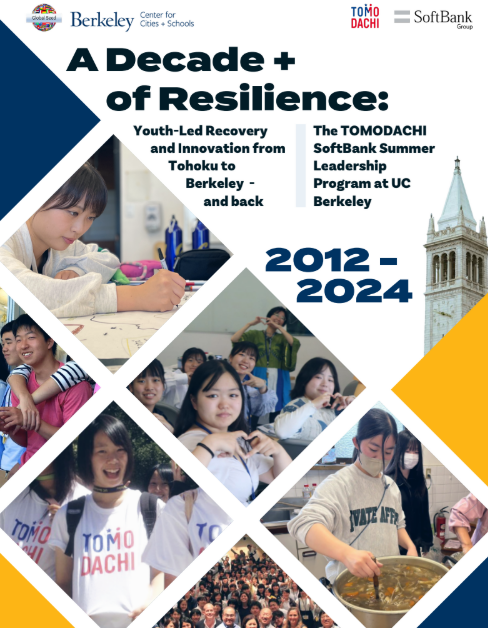

A Decade+ of Resilience: The TOMODACHI SoftBank Summer Leadership Program at UC Berkeley
We are pleased to share the publication of A Decade of Resilience: TOMODACHI SoftBank Summer Leadership Program at UC Berkeley (2012-2024).
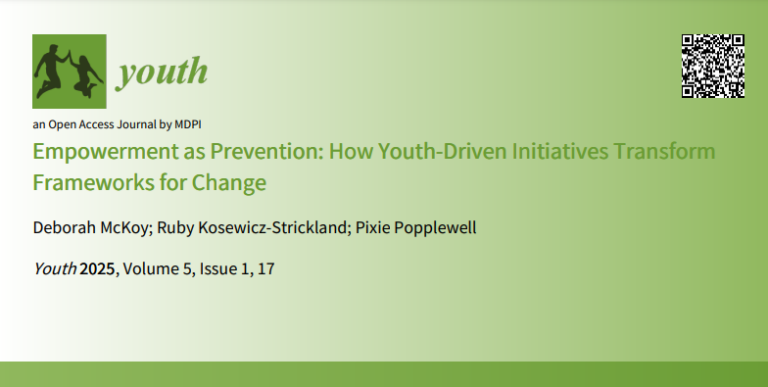
Empowerment as Prevention: How Youth-Driven Initiatives Transform Frameworks for Change
Youth-led action research has significantly influenced local and statewide policies aimed at supporting students experiencing homelessness in California. This study employs a Youth Participatory Action Research (YPAR) methodology, summarizing five years of research conducted by high school student cohorts and UC Berkeley graduate students to examine effective strategies for preventing and addressing student homelessness. The…
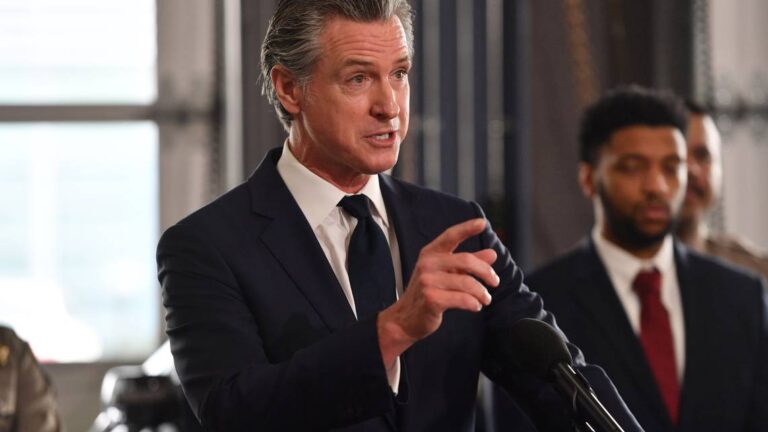
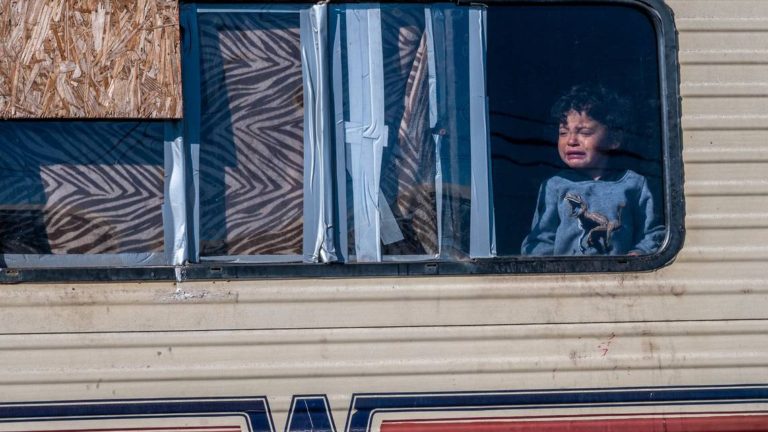
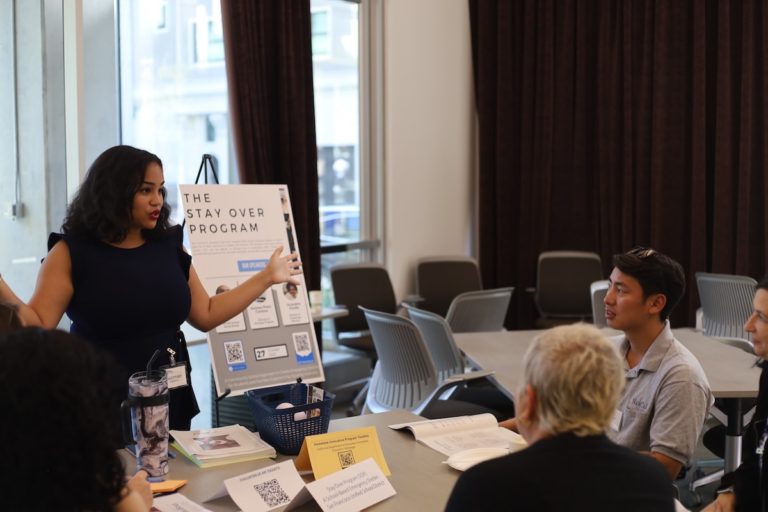
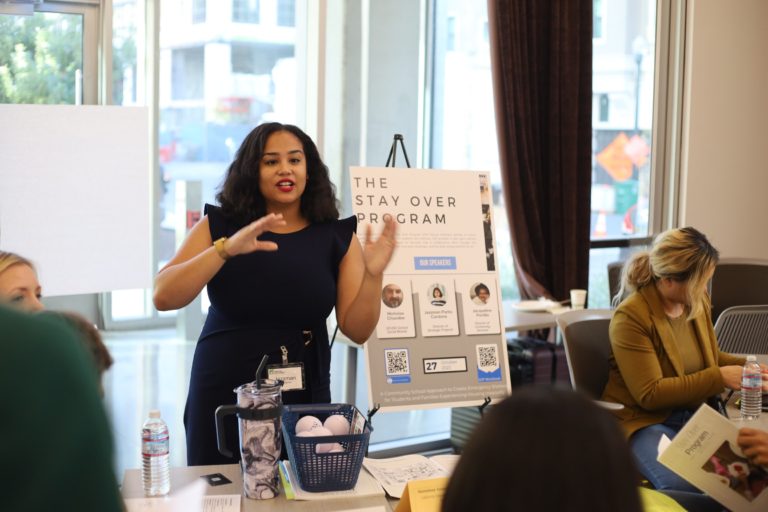
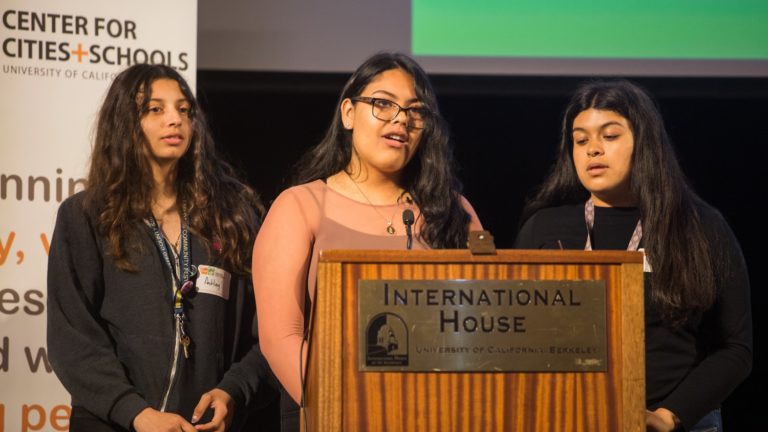
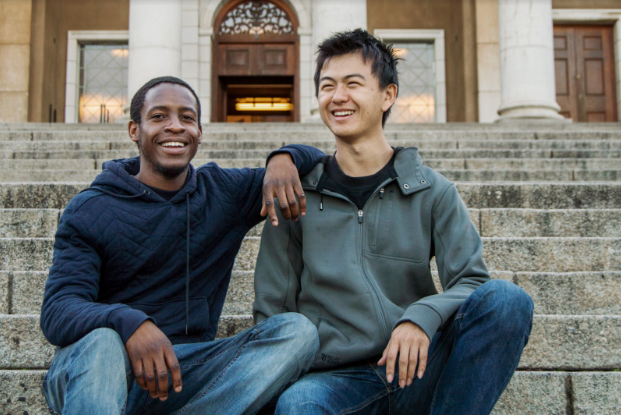

Opinion: How California can give unhoused students a helping hand
Y-PLAN’s success shows what is possible when we entrust young people to lead
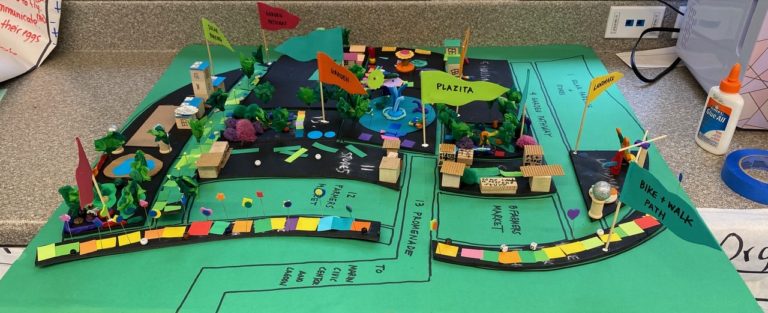
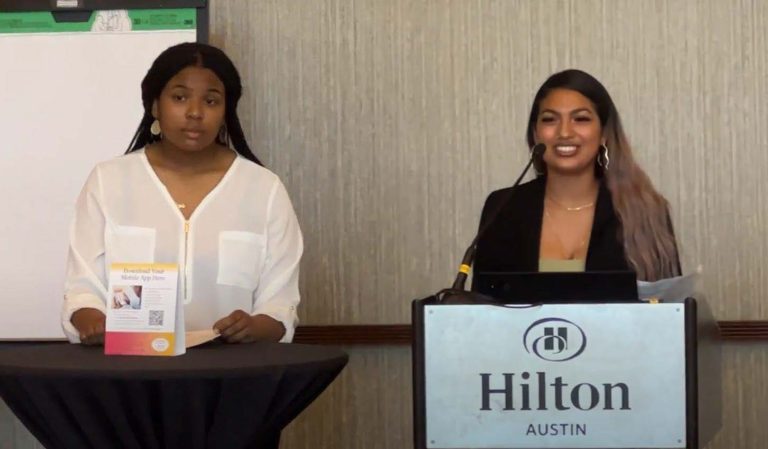
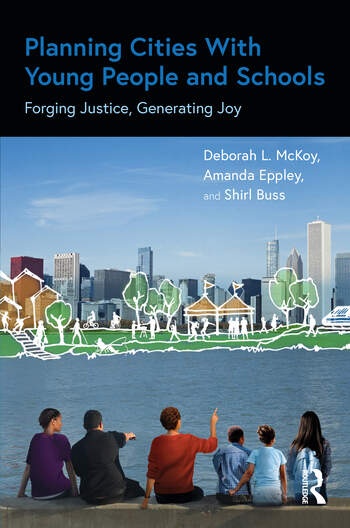
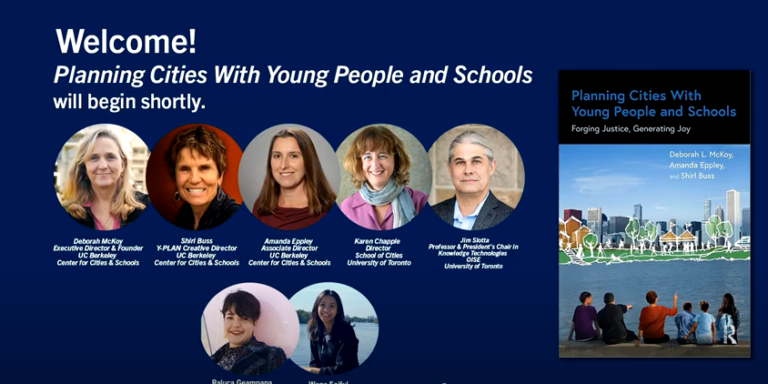

Planning Cities With Young People and Schools: Forging Justice, Generating Joy
This book summarizes two decades of civic youth engagement from California to New York to Japan. It offers a set of best practices for urban planners seeking to reimagine our cities for and with young people.
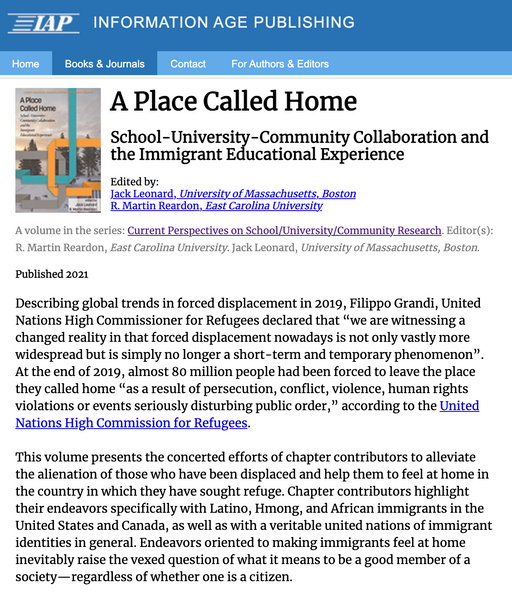
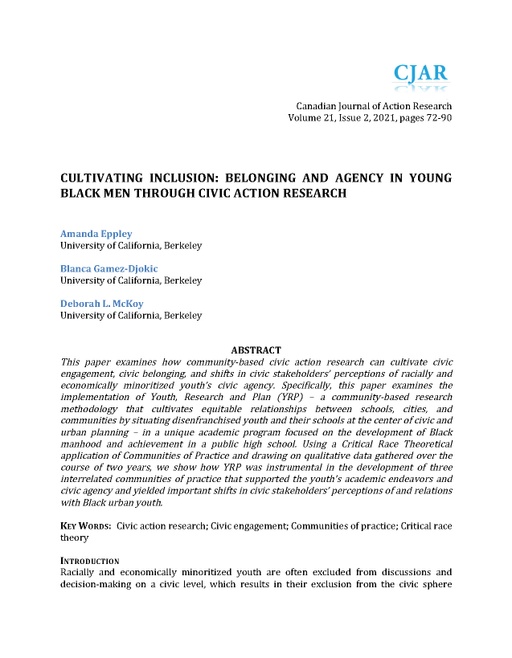
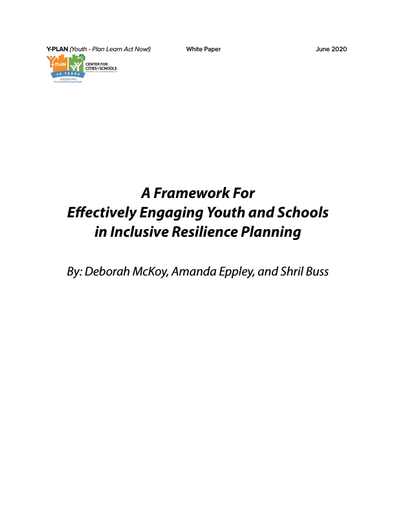
End of content
End of content
